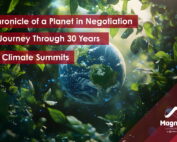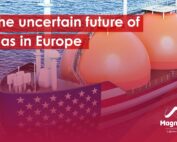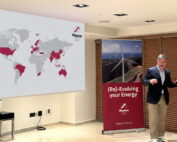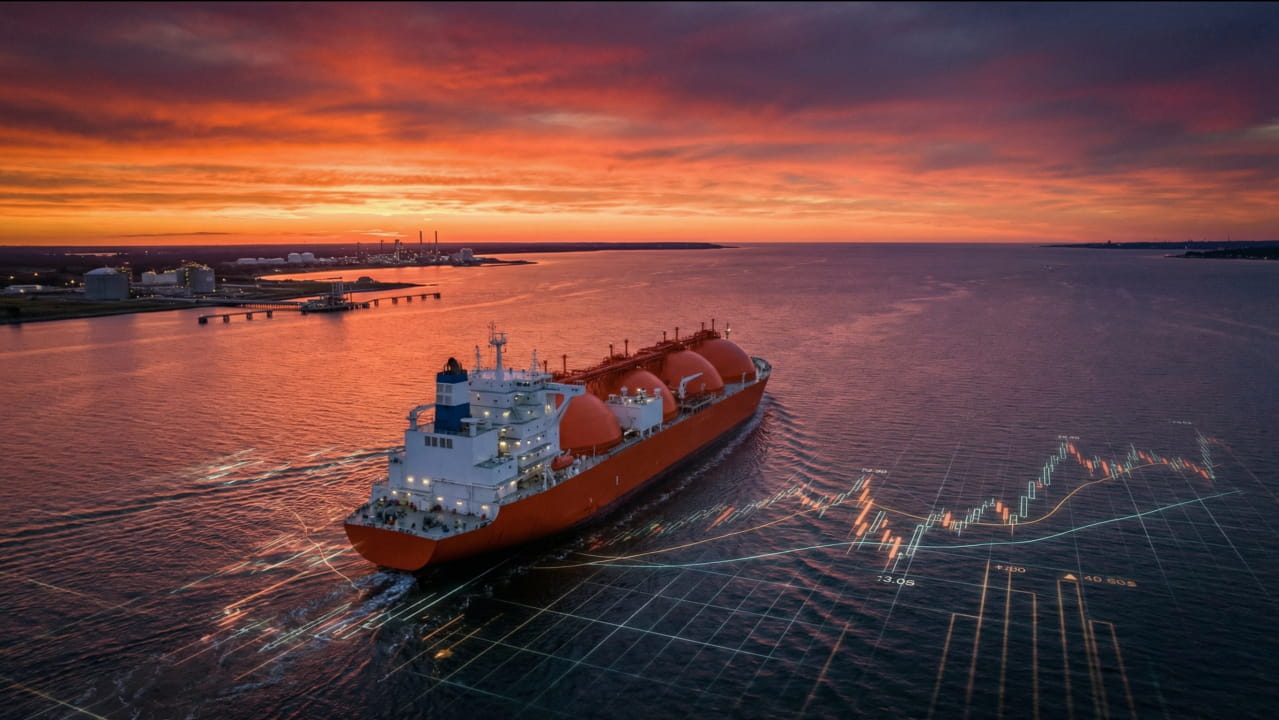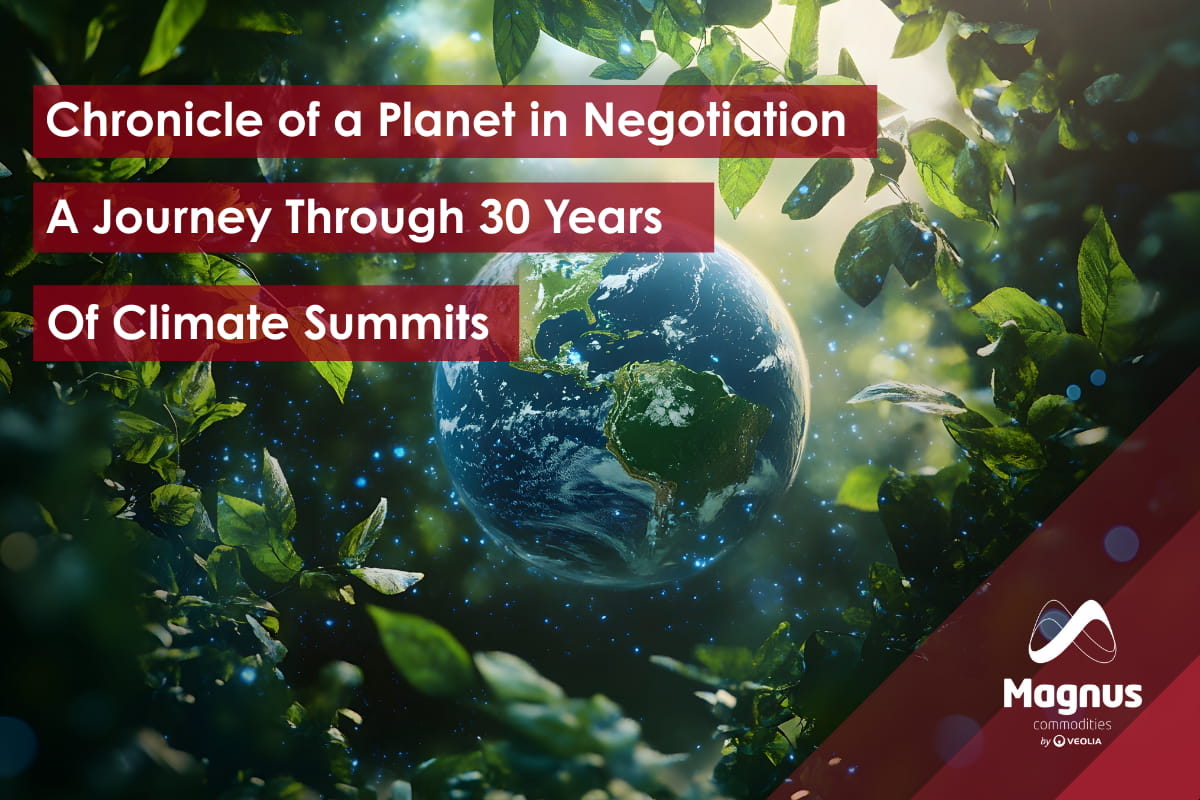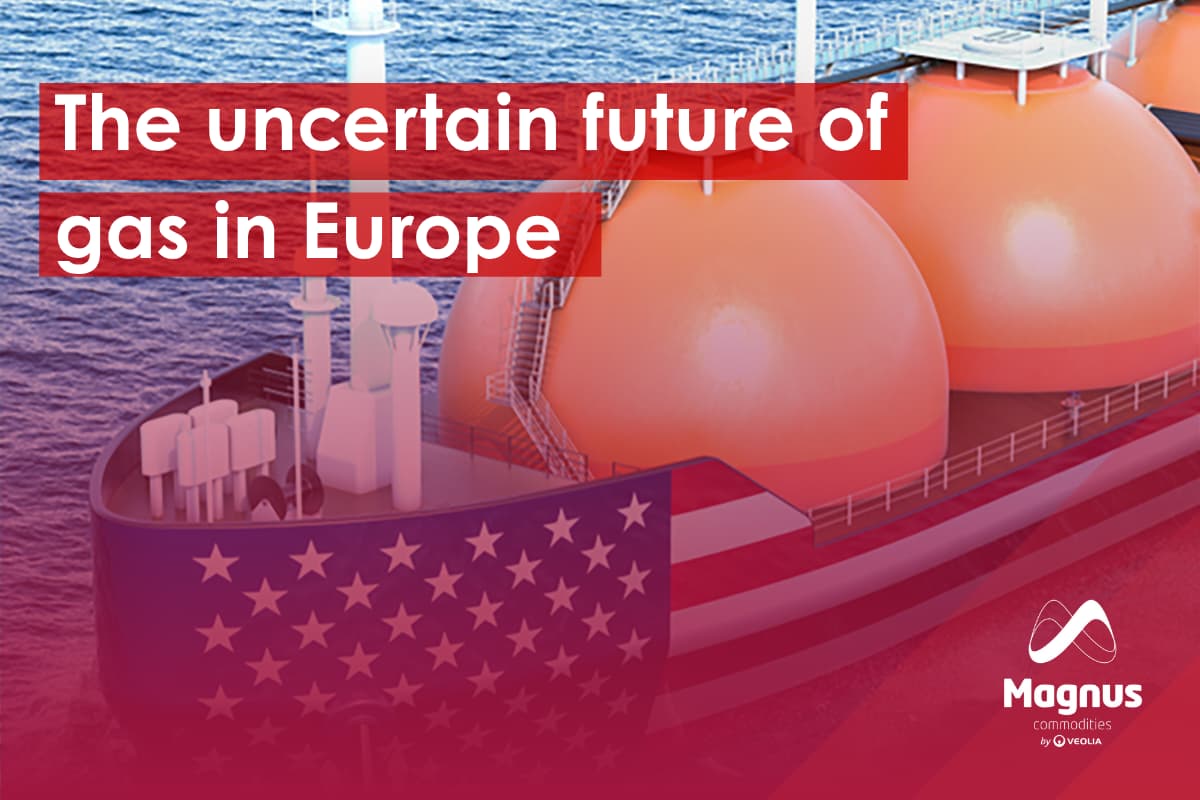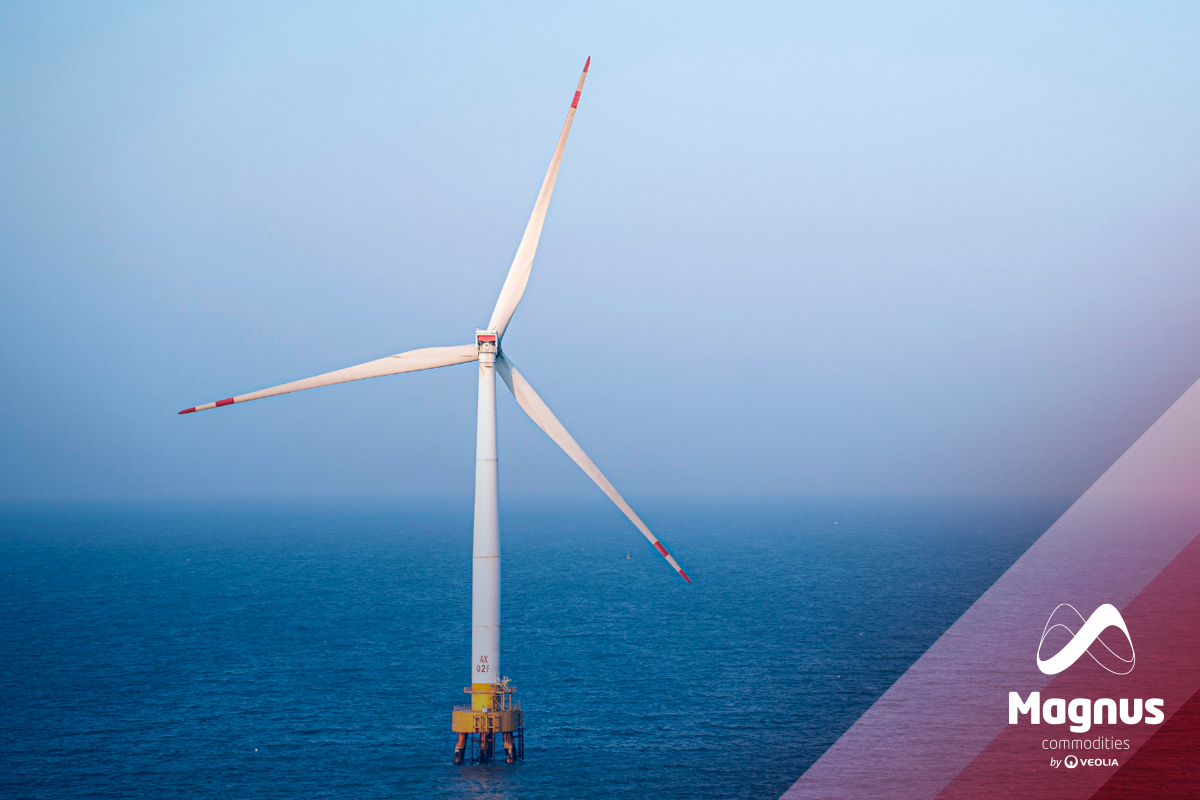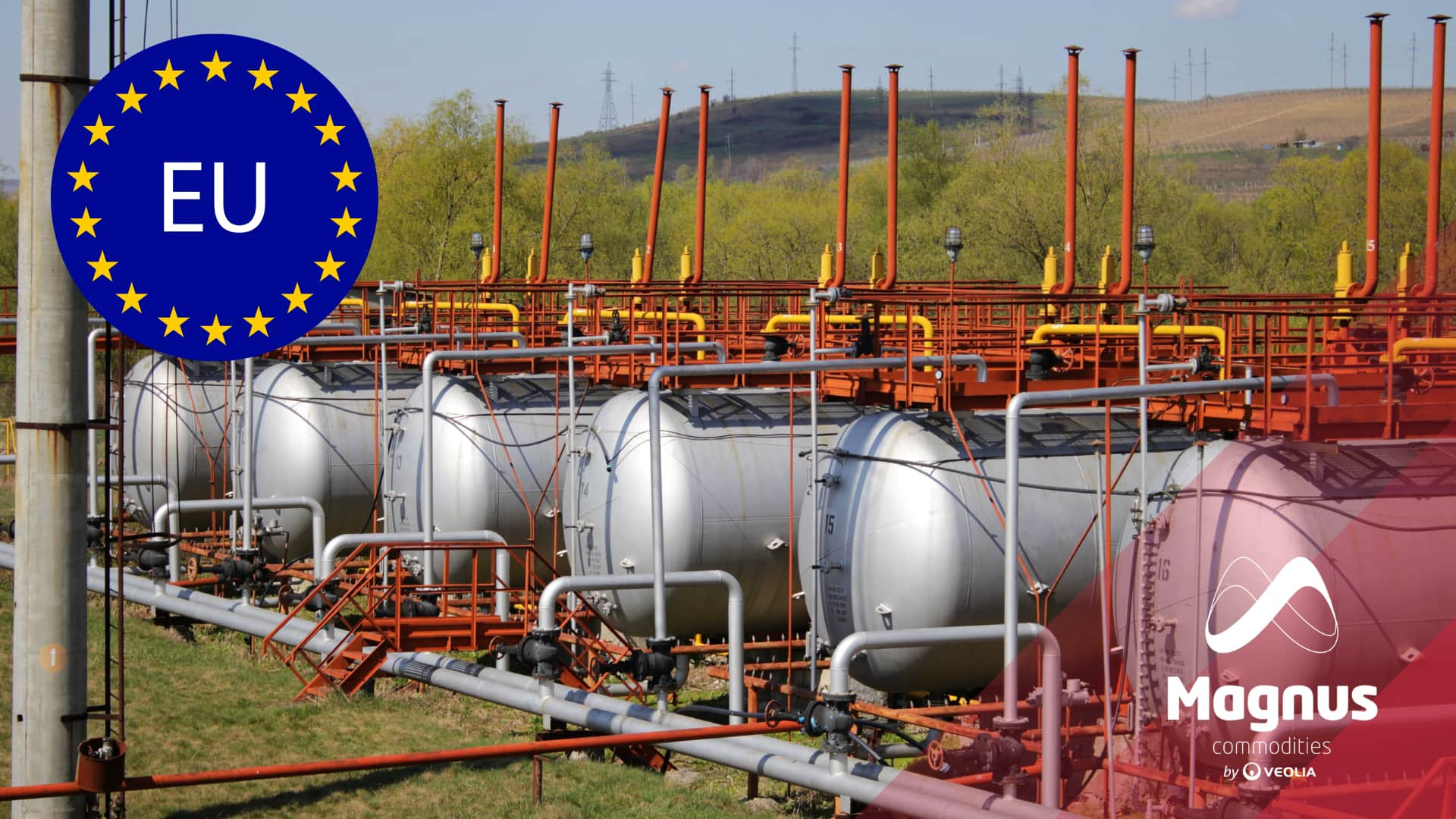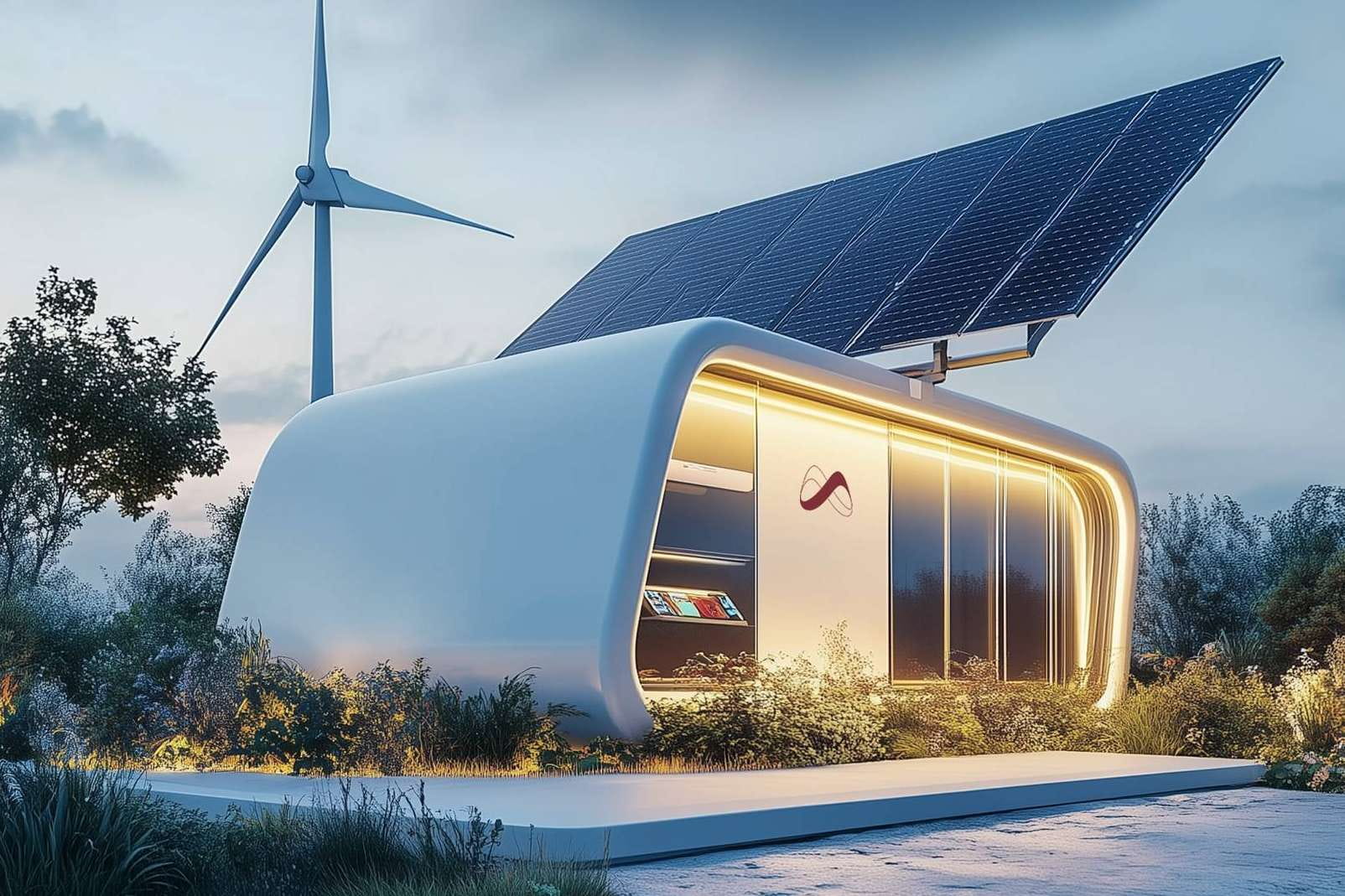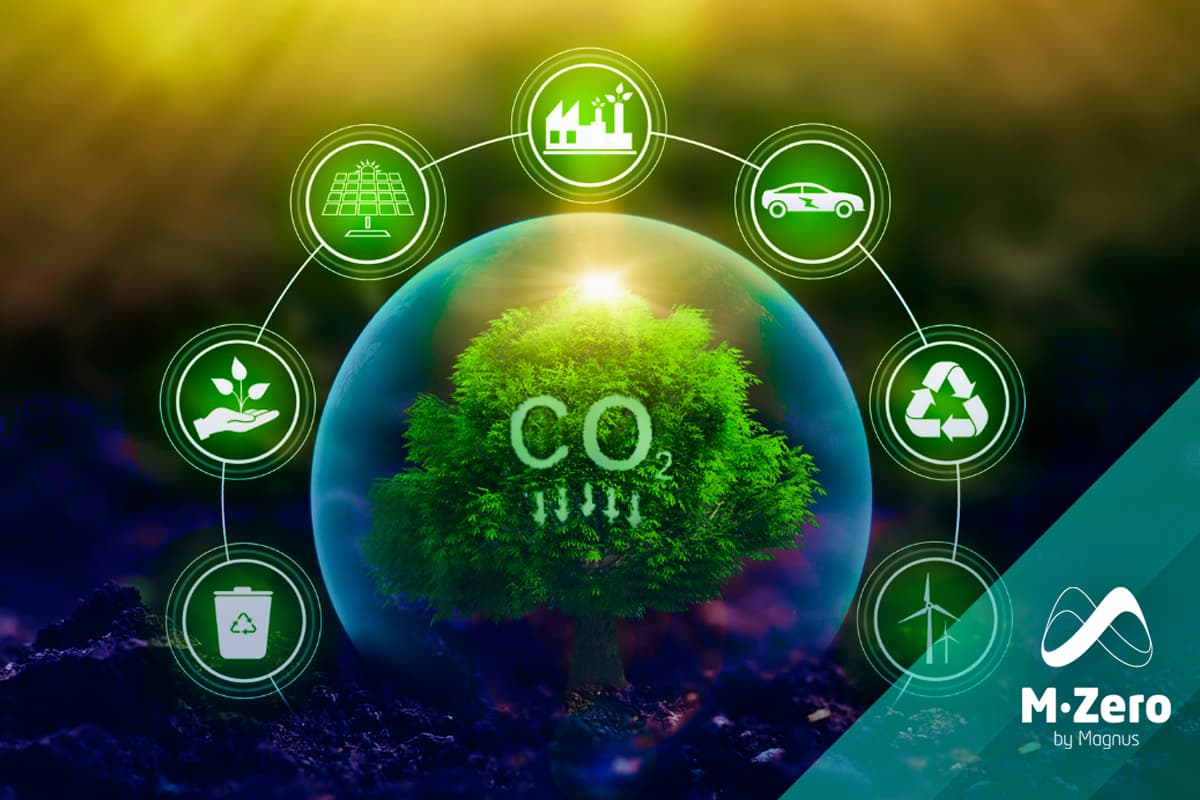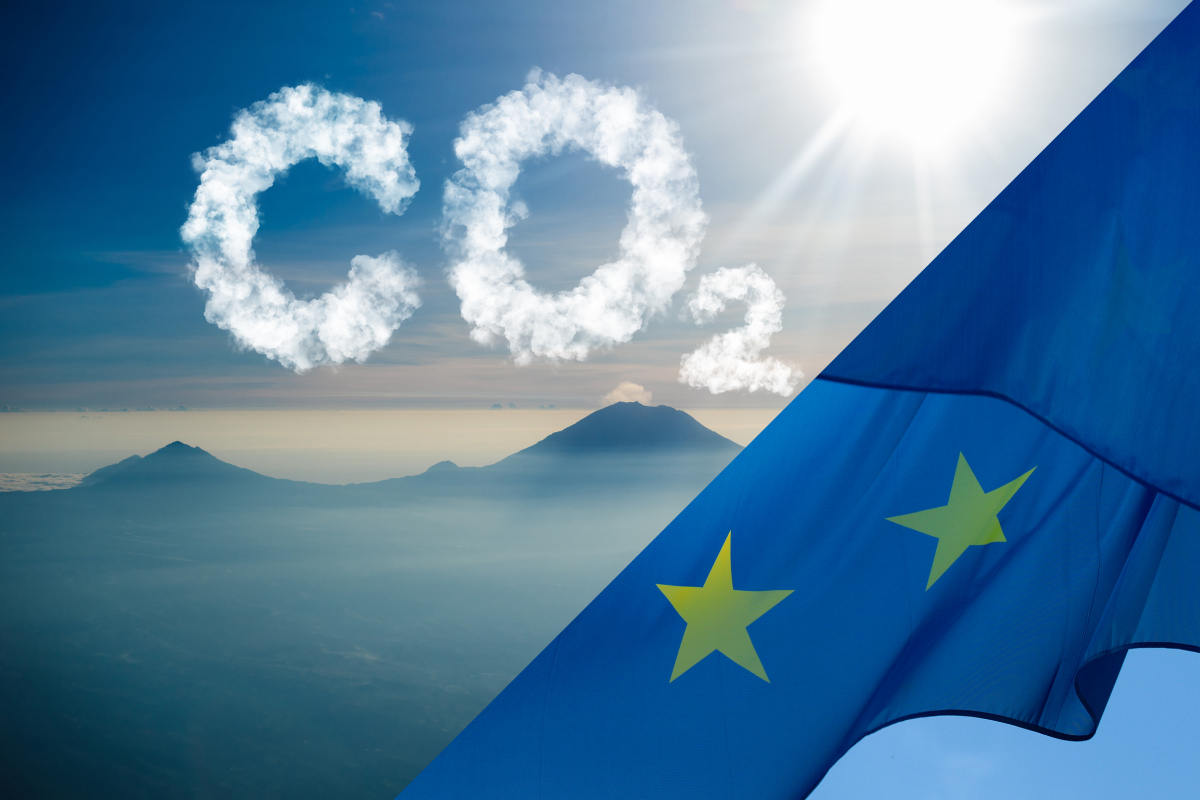
In previous articles, Magnus presented the roadmaps for the next phase towards a more sustainable future for Spain and Italy. Following that, this article will be dedicated to the roadmap that defines the next years between 2021 and 2030 for Portugal in order to achieve the targets agreed back in 2015 in Paris during the COP21.
The long-term goal set by this corner of Europe is to achieve a total decarbonization of the country by 2050 and this Energy Plan (PNEC 2030) is even more ambitious than the targets defined by the EU.
By 2030, Portugal wants to:

In order to achieve such ambitious levels, Portugal will strongly work on 8 dimensions during the next 10 years:
Decarbonize the national economy
The path to a low carbon economy in all activity sectors such as energy generation, industry, mobility, farming and forest.
One of the key-goals on this field is to be able to stop generating power through coal by 2030. Recent news already points for the closure of one of the two operating coal power plants by 2022.
Moreover, Portugal intends to reduce the carbon intensity in buildings and industrial processes.
Other important step will be tackling the current system of emission allowances free allocation system, reducing gradually the amount and the sectors under this scheme and forcing industries to become more efficient and less pollutant. The goal is to eliminate the mechanism of CO2 emission allowances by 2025.
PNEC 2030 also aims to promote better practices across public administration by motivating the reduce of carbon intensity in transports, buildings and public procurement
Energy Efficiency
Prioritize and foster energy efficiency, specially in the use of primary energy by working for a more efficient utilization of resources, supporting the requalification of buildings and promoting net zero building construction. Address the public illumination is also important in order to optimize energy efficiency and adjust its needs according to the local behaviours.
The energy certification and audit should be reviewed to set more ambitious and rigorous standards.
Educate and foster a more rational and conscient use of energy by the final consumers encouraging them to shift to best practices. Linked to this need to increase awareness, investing on professionals in the energy sector is important.
The digital transformation and the use of data will also be a key-element to increase energy efficiency. To that, current legal guidelines should be reviewed to help new monitoring systems.
Finally, the constant need of R&D&I in energy efficiency is key to ensure constant improvement.
Renewable Energy and Energy Dependency
Solar is one of the best raw materials available in Portugal, and we should take more advantage of it. The new roadmap until 2030 is greatly focus on accelerating the spread of solar generations across the territory but also to diversify in order renewable sources, such as wave and tide technologies.
To achieve the EU targets, the role of the final consumer will be really relevant and crucial. The shift of paradigm, passing from a centralized network to a decentralized one will be necessary. The final consumer should be encouraged to invest of renewable solutions to generate power, heat and cooling in order to increase gradually the pie of emissions free energy technologies in the energy mix.
Here, investing in initiatives and a clear regulatory guideline will be key to motivate private and individual investment in decentralized production. In the next 10 years, paperwork should be simplified to make all the processes easier and faster.
National production of Biofuels should rise using endogenous alternative materials, investing also on hydrogen technologies.
Security of supply
By diversifying the energy mix, especially with renewable energy, the level of dependency on energy.
Implement a regulatory guidelines for storage systems and promote the implementation of these systems in renewable energy projects.
Implement the systems of guarantees of origin to encourage the renewable energy sectors.
Investments in the network will be important improving the current structure for a more decentralized reality. Smart meters, smart cities and intelligent grids are subjects that should be in the top of discussions in the next years in order to have an efficient energy grid.
The shift from gas to coal already started and is necessary to prepare the energy system to that reality by scaling it properly and understand the real role of natural gas in the energy future of Portugal for mid and log-terms.
Assessing and planning properly the evolution of the low voltage distribution network is also important due the integration of more and more stand-alone energy systems.
Interconnection should increase from the current 10% to 15% to increase competitiveness in the market and make a step further for a Unique European Market.
Mobility
Transports is one of the most important topics for the next 10 years. Improving the transport networks across the most populated areas is extremely important to achieve the level of use of public transportation desired.
The transition from combustion engines to electrical/biofuels vehicles is important to reduce the GHE Emissions, but infrastructures must be created to allow this transition.
Here, educating the final consumer to better practices such has, car-sharing, bike-sharing or public transportation is extremely needed but again, conditions must be in place to allow these changes without constraints.
Invest in Carbon Capture and promote sustainable farming
This sector is probably one of the most sensitive and the one where more efforts should be made in the next 10 years. Finding ways to avoid huge use of fertilizers and encourage more efficiency in farming is complicated.
Communication and incentives should be put in place to help this sector to achieve the desirable goals.
Better forest management should be implemented in order to foster natural carbon capture, but R&D&I should focus on carbon capture technology to help reducing CO2 emission levels.
Industry
Being one of the engines of a country and being on of the main contributors for local effect in climate change, the PNEC 2030 also reserves a section dedicated to industries. The digital revolution points of an industry 4.0 where data management can be important to help this sector to reduce its carbon emissions and energy use. The new Energy Plan intends to promote several initiatives such as, renewable cogeneration, increase the level of electrification or promotion circular economy and life cycle awareness for the raw materials use.
Smooth and sustainable transition
The change of paradigm is unquestionable and needs to be address as soon as possible, at almost any cost. However, and talking about an inclusive European Union, social awareness is important, and governments should implement mechanisms to fight energy poverty by monitoring all aspects and impacts of the measures applied.
Other important aspect to ensure a good transition is education and training starting with giving tools for qualified jobs in the energy sector but also investing on communication and initiatives to inform the final consumer and to help him change to better habits.
A more transparent energy market is also important to allow the consumer to chose with conscious and suppliers and all the entities involved in the energy markets should work together to give as much information as possible to the final consumer.
Investments
The National Investment Plan for 2030 (PNI 2030) defines the priority projects that should be address between 2021 and 2030. The total amount of those projects ascends to 75 million Euros for the next 10 years, dividing such investment in infrastructures, equipment, development and refurbishing. Those investments will broadly split between the sectors of Transports, Climate change, Environment and Energy.
The PNI 2030 will focus on 72 projects that comprehend a total amount of 21 905 million Euros where 66% are directly linked to the PNEC goals (13 665 M€).

To achieve the goals defined in the energy sector, an additional amount of 17 000 to 18 700 Million Euros will be needed.
Next Steps
According to latest report published by the IPCC in November of 2018, the period between 2020 and 2030 will be crucial to reduce significantly the emission levels in order to reach the goal set in COP21.
The final version of this New Energy Plan should be approved in the next month of July marking the beginning of one of the most challenging and ambitious periods for Portugal and for Europe.
From Magnus we are here to see and to help clarifying those challenging and exciting upcoming times.
If you found it interesting, please share it!
Recent Articles

